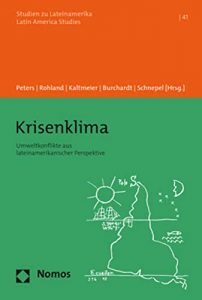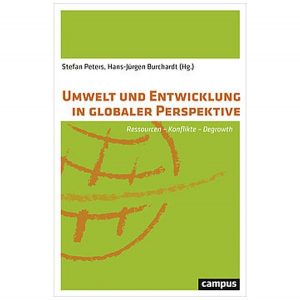Sustainable development & socio-ecological transformation
The social-ecological crises that are provoked by the effects of climate change and related phenomena have large repercussions at the global, national and local level. However, not all populations and countries are affected equally: Climate change weaves itself into the asymmetries of the international System, with socially and economically disadvantaged populations in the Global South being particularly vulnerable. Ecologic problems manifest themselves in declining quality of life, droughts, desertification and destroyed biospheres, and become new driving forces behind global migration. But they also have very concrete economic consequences, such as unemployment and deteriorating working conditions. For some years now, national and international initiatives have therefore tried to effectively counter climate change and ecological threats. The United Nations Sustainable Development Goals (SDGs) are intended to serve as a framework for sustainable policies and global solutions. Also, new economic opportunities are created by trends like digitalization, transformation of mobility as well as renewable energy. Such measures and processes are often contradictory, politically and socially contested, and pose both opportunities and risks for the Global North and countries of the Global South alike.
Our research deals empirically and conceptually with the economic, political and social causes, conditions and consequences of socio-ecological transformation and explores the challenges and limits of sustainable development, while also examining new possibilities for social change. Special attention is paid to the current debates of alternative definitions of wealth, that include social and cultural factors into the analysis. As one specific approach to this topic, our department conducts a study of the category of time as the central unit of measurement for quality of life. To this end, the theoretical and methodological foundations of our understanding of time and well-being are reflected. This research discusses, how the dimension of time can be introduced as a transdisciplinary and international benchmark of social development. This also includes possible political impulses that the idea of a ‘time-based well-being’ could provide for a resource-saving and environmentally friendly welfare. Since time as a category reflects the value of often feminized reproductive achievements of a society, time politics also offer a variety of approaches for new gender and social policies. Starting points in this regard are impulses from the Global South, also indicating pathways for new international dialogue and cooperation.
Also, see our relevant publications regarding this topic:

